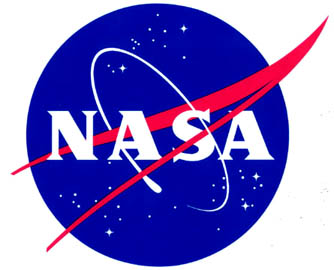In a landmark Supreme Court case ruling on January 19, 2011, the United States Supreme Court ruled against a group of government contract workers who filed suit to keep NASA from accessing and requiring personal information about them which was not required at the time of hire. The case, NASA vs. NELSON, argued in October of 2010, essentially pitted employer’s rights to uncover pertinent background information against the right of employees to keep that information private.
The case was filed when government contract employees fought against background screening procedures they believed violated their “constitutional right to informational privacy.”
Government contract employees were not always subject to background checks. However, after the events of September 11, 2001, the federal government required anyone with prolonged access to government to undergo a thorough background screening. In response to this mandate, NASA modified all agreements with contract workers to indicate that they would need to complete these background checks or be denied access to government facilities.
At issue are two specific requirements. A questionnaire that each contract employee is required to complete asks if the employee “used, possessed, supplied, or manufactured illegal drugs” in the last year. If so, the employee must provide details, including information about “treatment or counseling received.” Each employee is also required to sign a release “authorizing the Government to obtain personal information from schools, employers, and others during its investigation.”
Ultimately, the court issued a four-pronged decision in favor of NASA:
1. That background checks are usual, customary, and expected as a condition of hire in many industries.
2. Government contractors are employees of the government.
3. The information sought by NASA was employment related and completely in line with criteria customized for the positions held/offered.
4. The information would be kept private and confidential. NASA conscientiously keeps background check information separate from personnel files as required by law.
Employers have long since defended their right to delve into the backgrounds of potential employees. And, employees have long since defended their right to keep private information confidential. There is a fine line that must be maintained between employee and employer rights. In many cases, employer rights are trampled in order to uphold the rights of the individual. However, it’s important to remember that this case arose as a result of the necessity for stricter background screening to protect citizens.
The events of September 11, 2011, and subsequent happenings, including the rash of workplace violence highlights the need for employers to thoroughly screen their employees for anything that may be relevant to their employment. The argument remains, however, that employers should be able to access only that which has occurred in an employee’s “public” life, and that an employee’s “private” life should be off limits.
As employers and employees seek a balance between the two, it’s important for everyone to remember that workplace safety is an important concern for both employers and employees. We all seek the same goal… safety at work and for those we come into contact with.

